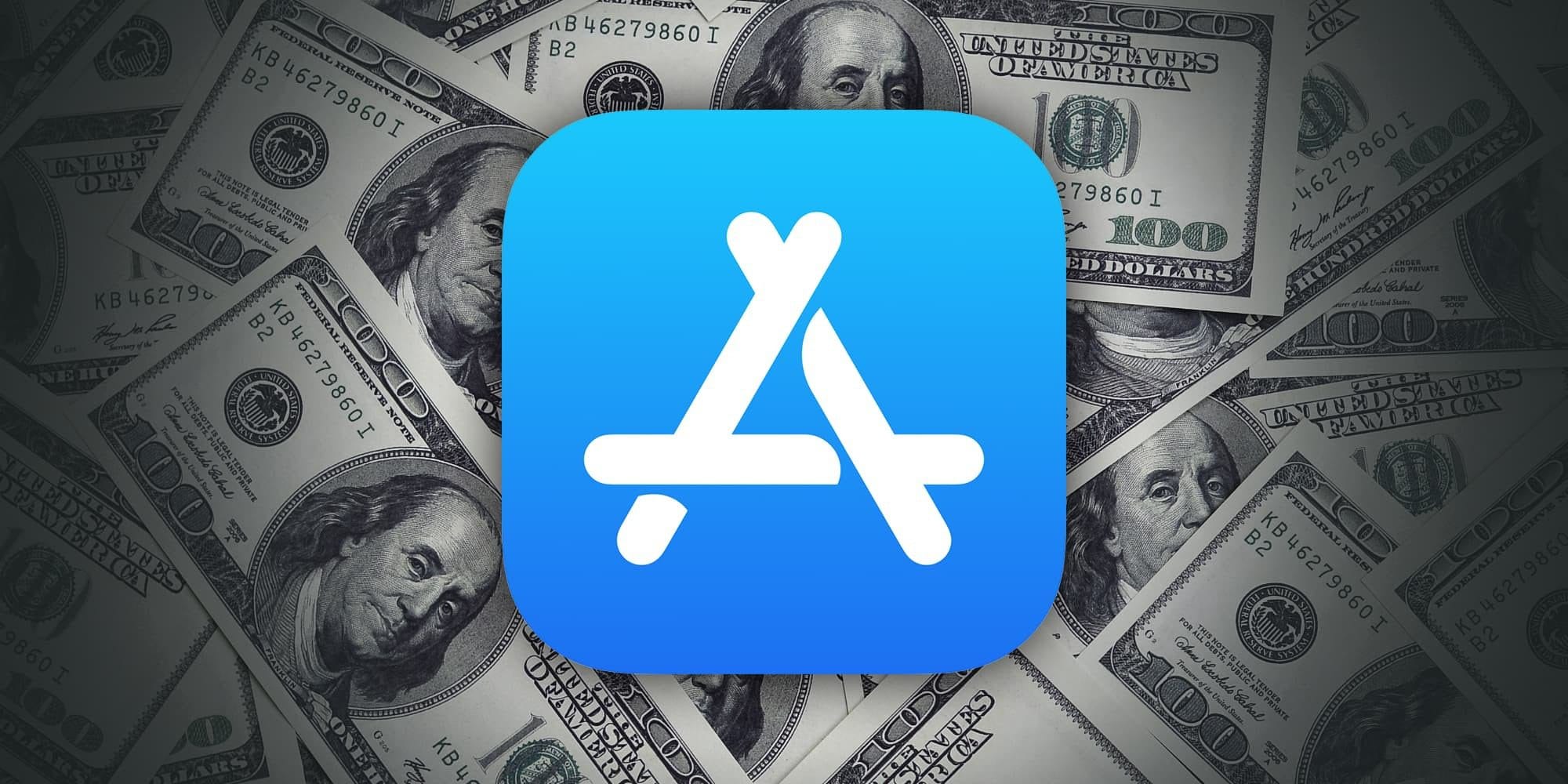
tech groups back apple in fight over attorney-client privilege limits in epic games case: Tech groups back apple in fight over — Two prominent tech organizations have expressed their support for Apple in a significant legal battle concerning attorney-client privilege limits stemming from the Epic Games lawsuit..
Tech Groups Back Apple In Fight Over
Two prominent tech organizations have expressed their support for Apple in a significant legal battle concerning attorney-client privilege limits stemming from the Epic Games lawsuit.
Background of the Case
The ongoing legal dispute between Apple and Epic Games has drawn considerable attention since it began in August 2020. The case centers around Epic Games’ allegations that Apple engages in anti-competitive practices through its App Store policies. Epic Games, the creator of the popular game Fortnite, has argued that Apple’s requirement for developers to use its in-app payment system constitutes a monopoly, leading to inflated prices for consumers and limiting competition.
In September 2021, a ruling by U.S. District Judge Yvonne Gonzalez Rogers favored Apple on several counts, yet Epic Games continued to appeal certain aspects of the decision. The case has raised various legal questions, particularly regarding the boundaries of attorney-client privilege, which have now become a focal point of contention.
Recent Developments
On August 21, 2025, two major tech organizations—TechFreedom and the Computer & Communications Industry Association (CCIA)—filed a joint amicus brief in support of Apple. This brief was submitted in response to Judge Gonzalez Rogers’ ruling that limited the scope of attorney-client privilege in the context of the Epic Games case.
Understanding Attorney-Client Privilege
Attorney-client privilege is a legal principle that protects communications between a client and their attorney from being disclosed without the client’s consent. This privilege is critical for ensuring open and honest communication, which is essential for effective legal representation. However, the scope of this privilege can vary significantly depending on the circumstances and jurisdiction.
In the context of the Epic Games lawsuit, the judge’s ruling raised concerns about the potential for diminished protections for companies seeking legal advice. The brief filed by TechFreedom and CCIA argues that limiting attorney-client privilege could have far-reaching implications not only for Apple but for the entire technology sector.
Implications for the Tech Industry
The joint amicus brief highlights several key concerns regarding the ruling’s impact on the tech industry:
- Chilling Effect on Legal Counsel: The organizations argue that restricting attorney-client privilege could discourage companies from seeking legal guidance, fearing that their communications may be exposed in litigation.
- Innovation at Risk: By limiting the protections afforded to legal communications, companies may hesitate to discuss innovative ideas or strategies with their legal teams, potentially stifling innovation.
- Precedent for Future Cases: A ruling that narrows attorney-client privilege could set a dangerous precedent, affecting not only ongoing cases but also future litigation involving technology companies.
Reactions from Stakeholders
The filing of the amicus brief has garnered attention from various stakeholders within the tech community. Many industry leaders have voiced their support for Apple’s stance on attorney-client privilege, emphasizing its importance in fostering a healthy legal environment for business operations.
For instance, Apple has consistently maintained that the ability to communicate freely with legal counsel is fundamental to its business practices. In a statement, an Apple representative noted, “The protection of attorney-client communications is essential for companies to navigate complex legal landscapes effectively.” This sentiment is echoed by many in the tech sector, who recognize the potential risks associated with diminished legal protections.
Legal Landscape and Broader Context
The Epic Games case is not an isolated incident; it reflects broader tensions between large technology companies and regulatory bodies. In recent years, various governments around the world have scrutinized the business practices of major tech firms, leading to numerous legal challenges and regulatory investigations.
The outcome of the Epic Games lawsuit could have significant implications for how tech companies operate, particularly regarding app distribution and payment systems. As regulatory scrutiny intensifies, the legal frameworks governing these practices will likely evolve, making the protection of attorney-client privilege even more critical.
Potential Outcomes
As the case continues to unfold, several potential outcomes could arise:
- Reaffirmation of Attorney-Client Privilege: If the court sides with Apple and affirms the importance of attorney-client privilege, it could reinforce protections for companies seeking legal counsel.
- Modification of the Ruling: The court may choose to modify Judge Gonzalez Rogers’ ruling, striking a balance between transparency and the need for legal confidentiality.
- Impact on Future Litigation: Regardless of the outcome, the case is likely to influence how attorney-client privilege is interpreted in future cases involving technology companies.
Conclusion
The joint amicus brief filed by TechFreedom and the CCIA underscores the critical nature of attorney-client privilege in the tech industry, particularly in the context of the ongoing Epic Games lawsuit. As the legal battle continues, the implications of the ruling will reverberate throughout the technology sector, potentially shaping the future of legal protections for companies navigating complex regulatory environments.
In a rapidly evolving landscape, the outcome of this case could serve as a pivotal moment for how attorney-client privilege is viewed, not just in the tech industry, but across all sectors facing similar legal challenges.
Source: Original reporting
Further reading: related insights.
Was this helpful?
Last Modified: August 27, 2025 at 1:50 am
2 views















